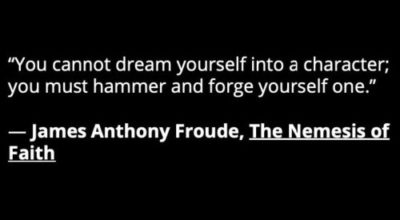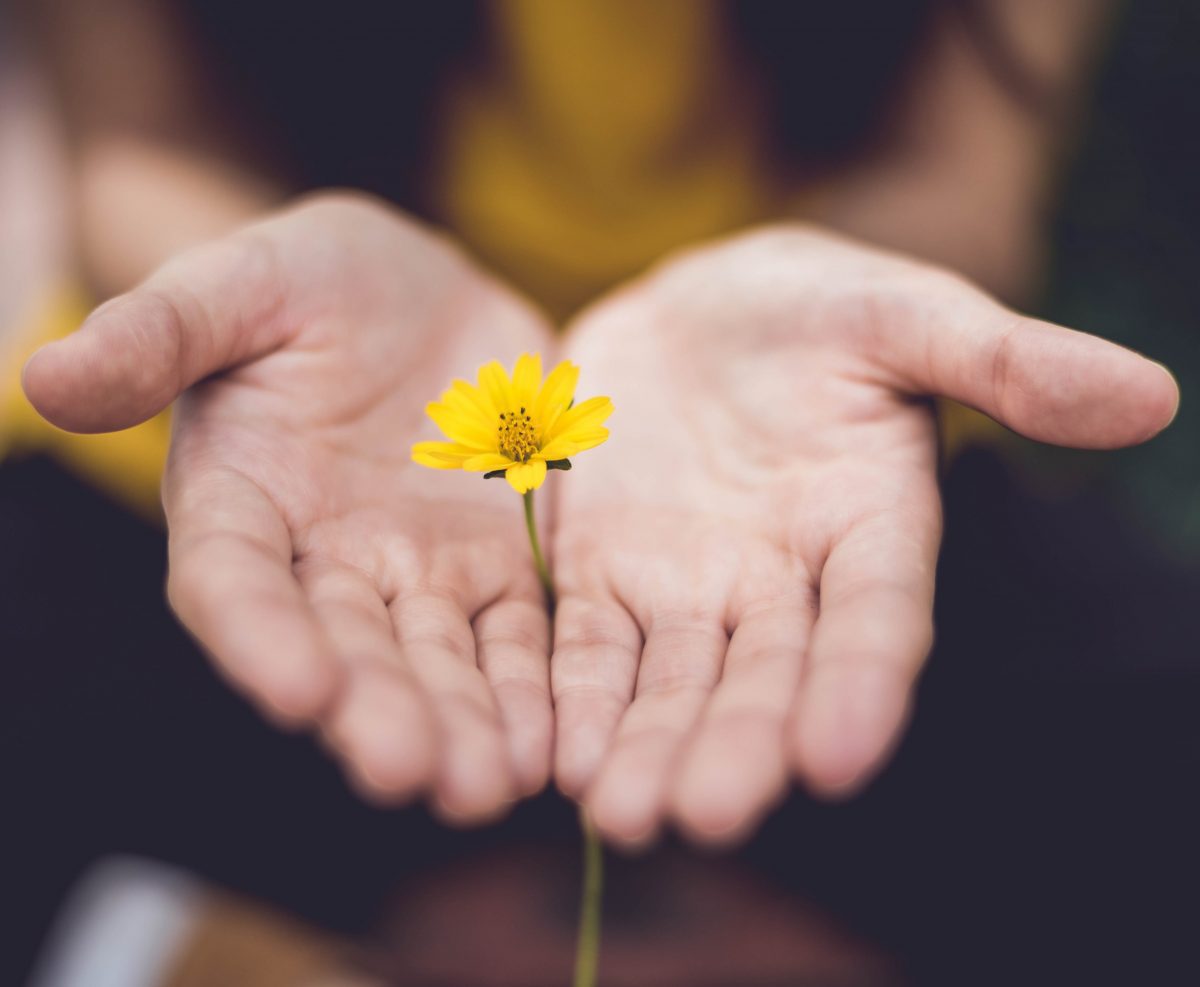2020 has left a trail of exhausted people, mentally drained, after coping with a year of high uncertainty. We learned to adapt by force and reinvented ourselves. But more importantly, where we developed resilience, our ability to bounce back in the face of adversity grew and as a result, we came out stronger.
Ready for 2021? Bring it on! …but how?
How are we supposed to be ready for new endeavors when most of us feel the urge to step down and go slow for a change?
2021 is already proving itself challenging. We aren’t close to overcoming the COVID-19 crisis and we still need to care of ourselves and others. Meanwhile, the world keeps changing. New opportunities emerge in the midst of this crisis and lots of organizations struggle to survive and transform their businesses. It can feel overwhelming.
Leaders are not only dealing with their own need to reconnect and reinspire themselves, but they also need to take care of their teams, as many continue to work remotely while performing other roles (homeschooling, taking care of our elders, looking after our home etc.). Some may be suffering from change fatigue, by being constantly called to change their way of working, taking on more responsibilities as a consequence of employee cutoffs and new demands.
However, not everything is doom and gloom. There is a silver lining: we have learned a lot in 2020. We have increased our ability to confront difficult circumstances and take advantage of new emerging opportunities driven by change. Each of us has what we need to rise and shine. We just need to remind ourselves of it and invest time in renewing our energy and leading the way into 2021.
Balance work / life integration
There are simple, yet powerful, things you can try that will help refuel your energy, reignite your enthusiasm, and bring focus to what’s important, thus improving your wellbeing.
1. Disconnect to re-connect. 
With travel restrictions and lockdowns throughout the world, taking time off to stay home seems counterintuitive for some of us. We usually connect holidays with traveling. However, now, more than ever, we desperately need time to pause and disconnect fully from work and daily activities. We need time to recharge, even if it means staying home, relaxing, and doing nothing. Some of the most brilliant ideas have flourished while doing nothing… just being. Plan for it and make sure you also unplug from technology. Technology has been a main character in our lives in 2020. Let’s give ourselves a break!
2. Re-commit to yourself, connecting with what is important in your life.
Take some time to reflect on what you value most: is this the life I want to have? What do I really want my life to be about? How do I want to live my life? What gives meaning to my life? Where do I want to invest my time and energy?
Gifting ourselves with time to envision what we want and grounding our thoughts re-connects us with what’s important in our lives and gives meaning to everything we do. Spiritual meaning is an unlimited source of energy.
3. Do something you love every day.
Make a list of the things you enjoy doing that lift your spirit and feed your inner self. Set aside some time every day to do the things you love. The key to refueling your energy is to be consistent and invest time in you. This will help you to be centered and present.
4. Count your blessings.
Practice gratitude deliberately every day, until it becomes a habit. Gratitude and appreciation unleash joy and happiness and provide us with a sense of wellbeing and peace of mind. We can train our minds to focus on abundance rather than scarcity, on appreciating what we have instead of what we miss. It helps reorganize our priorities to enjoy life as it is.
5. Celebrate your achievements.
Take time to celebrate what you have accomplished, even what you judge to be unimportant. Don’t take it for granted. Small celebration rituals, such as sharing what makes you feel proud with others or voicing your emotions can be enough to reinforce a sense of accomplishment, strengthen your character, and fill yourself with new renewed energy and craving for more.
A new year is a great time to stop, pause, and recommit to ourselves and what is important for us. It’s a time to refresh and consciously replenish our energy. There are small and important practices we can learn and apply every day that helps us stay focused, energized, and enjoy the ride, increasing our wellbeing and living a more conscious life.


 Acceptance: Stop judging and start embracing. Our mind moves really quickly into judging what is good or bad news, what might happen, and why people or the world did this to us. The more your mind goes in that direction, the more precious time you lose, when you could be taking action, leveraging whatever happened. Resisting it will not change the fact that it happened, but taking conscious actions to accept it can be the most powerful way to drive creative and effective responses in ourselves and our teams.
Acceptance: Stop judging and start embracing. Our mind moves really quickly into judging what is good or bad news, what might happen, and why people or the world did this to us. The more your mind goes in that direction, the more precious time you lose, when you could be taking action, leveraging whatever happened. Resisting it will not change the fact that it happened, but taking conscious actions to accept it can be the most powerful way to drive creative and effective responses in ourselves and our teams.

